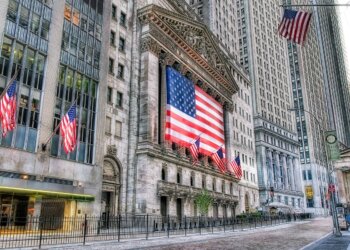U.S. investors choose investment-grade corporate bonds over equities because they worry about market valuation inflation and trade-related price increases. The increased demand for high-quality corporate debt has caused credit spreads to reach their smallest levels since 1998.
The ICE BAML data shows investment-grade bond spreads have narrowed to 80 basis points which is close to the 77-basis-point levels observed in November 1998 and last year. The market experienced a 121 bps spike in April when President Donald Trump declared his intention to impose broad tariffs which caused investor uncertainty.
The bond market shows renewed interest because investors believe corporate financial fundamentals remain strong. The top-rated companies have achieved balance sheet improvement through their avoidance of aggressive acquisitions while demonstrating their ability to handle trade-related economic challenges.
SMBC Nikko Securities strategist Edward Marrinan states that investors believe the most severe tariff risks have passed. The market relies on strong fundamental values.
The Federal Reserve’s conservative monetary policy has maintained attractive yields for investors who focus on income such as pension funds and insurers. Equity market participants fear that corporate earnings have reached their peak which drives them to invest in safer assets. Bankers predict that the flight to quality will continue if inflation and trade tensions keep rising.










